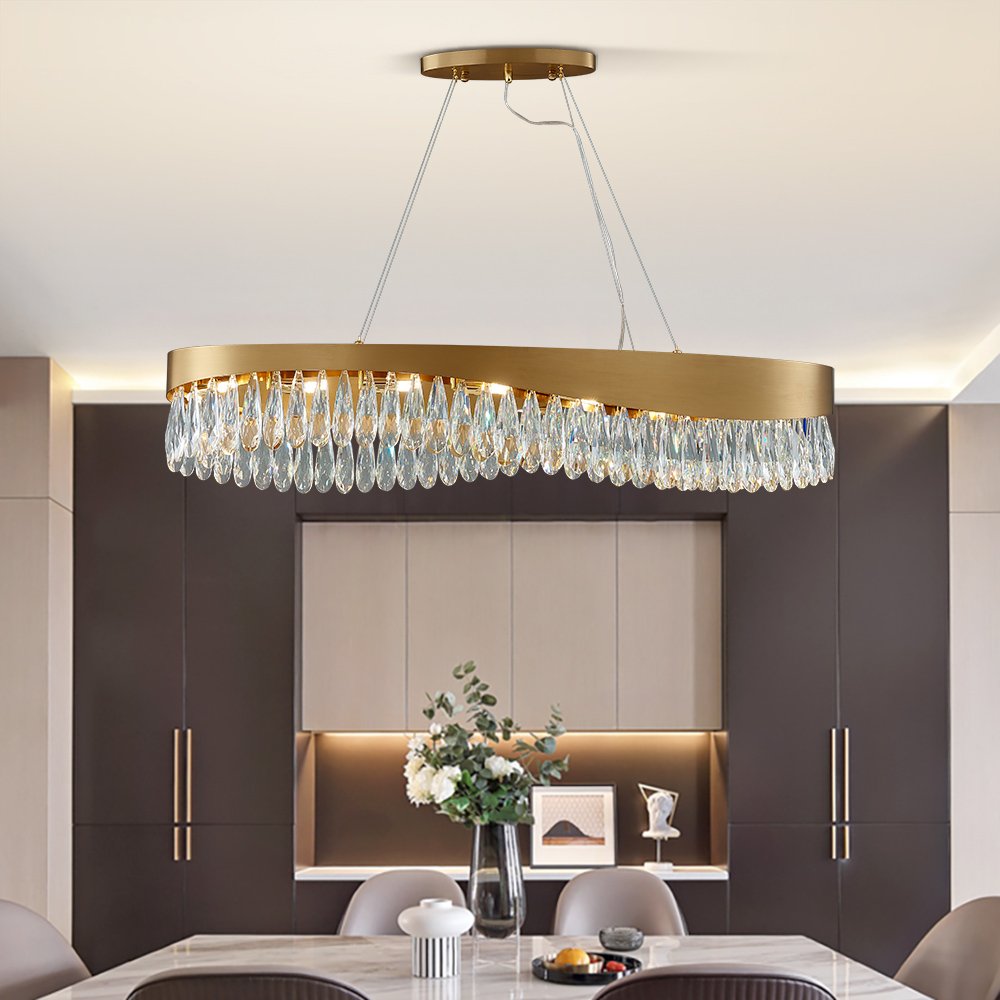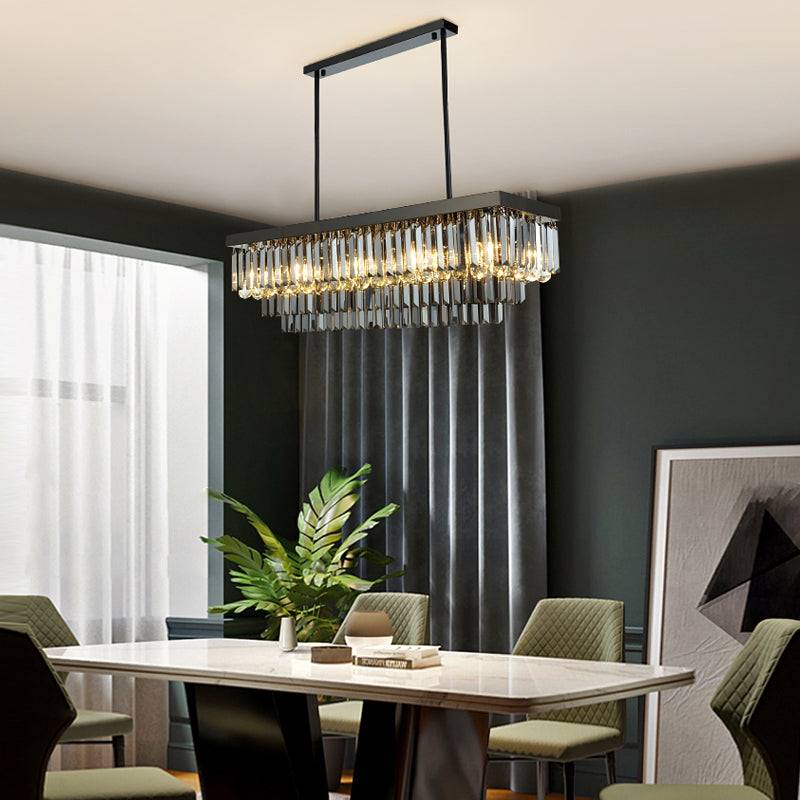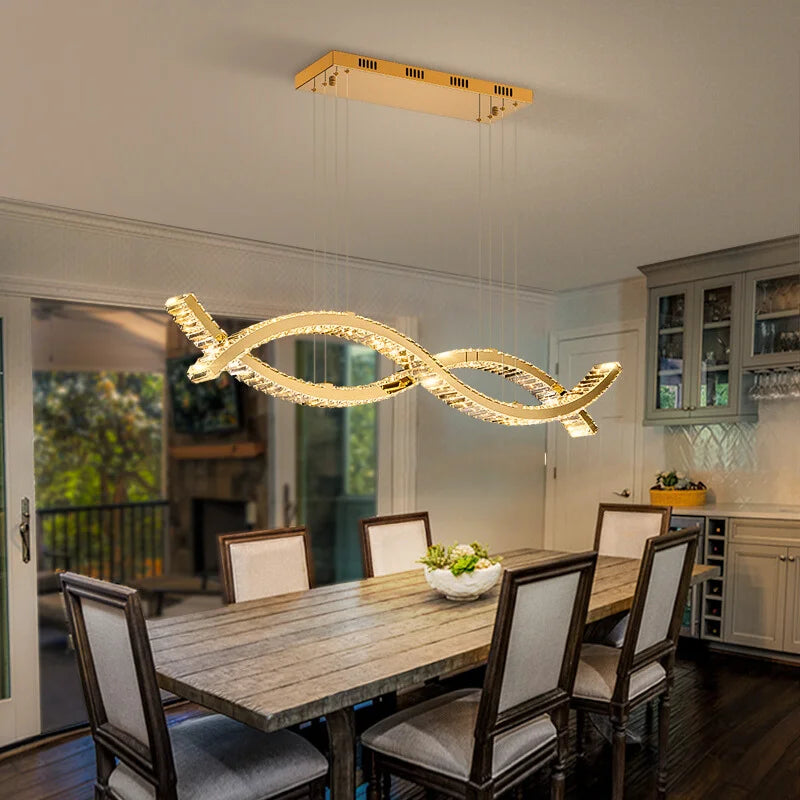Garden lighting can be achieved using various methods, each with its own advantages and considerations:
1. Solar-powered Lights:
Advantages:
No need for wiring or electrical outlets.
Eco-friendly and sustainable.
Ideal for areas with limited access to electricity.
Disadvantages:
May not provide sufficient brightness during cloudy days or at night.
May require regular cleaning to maintain optimal solar panel efficiency.
2. Low-voltage Lighting:
Advantages:
Safe for outdoor use due to low voltage.
Easy to install and modify.
Versatile for various lighting effects and applications.
Disadvantages:
Countries that use high voltage require a transformer to step down the voltage.
May need additional wiring for remote areas.
3. Mains-powered Lighting:
Advantages:
Provides the brightest and most reliable light.
Suitable for large areas or high-traffic zones.
Offers flexibility in terms of lighting fixtures and controls.
Disadvantages:
Requires professional installation and may involve trenching for wiring.
Potential safety hazards if not installed correctly.
Wiring Methods for Garden Lights:
The wiring method for garden lights depends on the type of lighting chosen:
Solar-powered Lights: These lights typically have built-in wiring that connects the solar panel to the LED lights. No additional wiring is required.
Low-voltage Lighting: A transformer is used to step down the mains voltage to a safe level for outdoor use. The transformer is usually located near the electrical outlet. The wiring for low-voltage lights is typically buried underground or concealed within garden features.
Mains-powered Lighting: This type of lighting requires direct connection to the mains power supply. The wiring is typically buried underground or concealed within garden features. Professional installation is recommended to ensure safety and compliance with electrical codes.
Additional Considerations:
Safety: Always follow safety guidelines when installing or modifying garden lighting. Use appropriate tools and techniques to avoid electrical hazards.
Local Regulations: Check local regulations and building codes regarding outdoor lighting to ensure compliance.
Maintenance: Regular maintenance is essential to keep garden lights functioning properly and prevent safety hazards.
Aesthetics: Choose lighting fixtures that complement the overall design and style of your garden.








Share:
Choice of American chandelier?
Downlights VS Spotlights